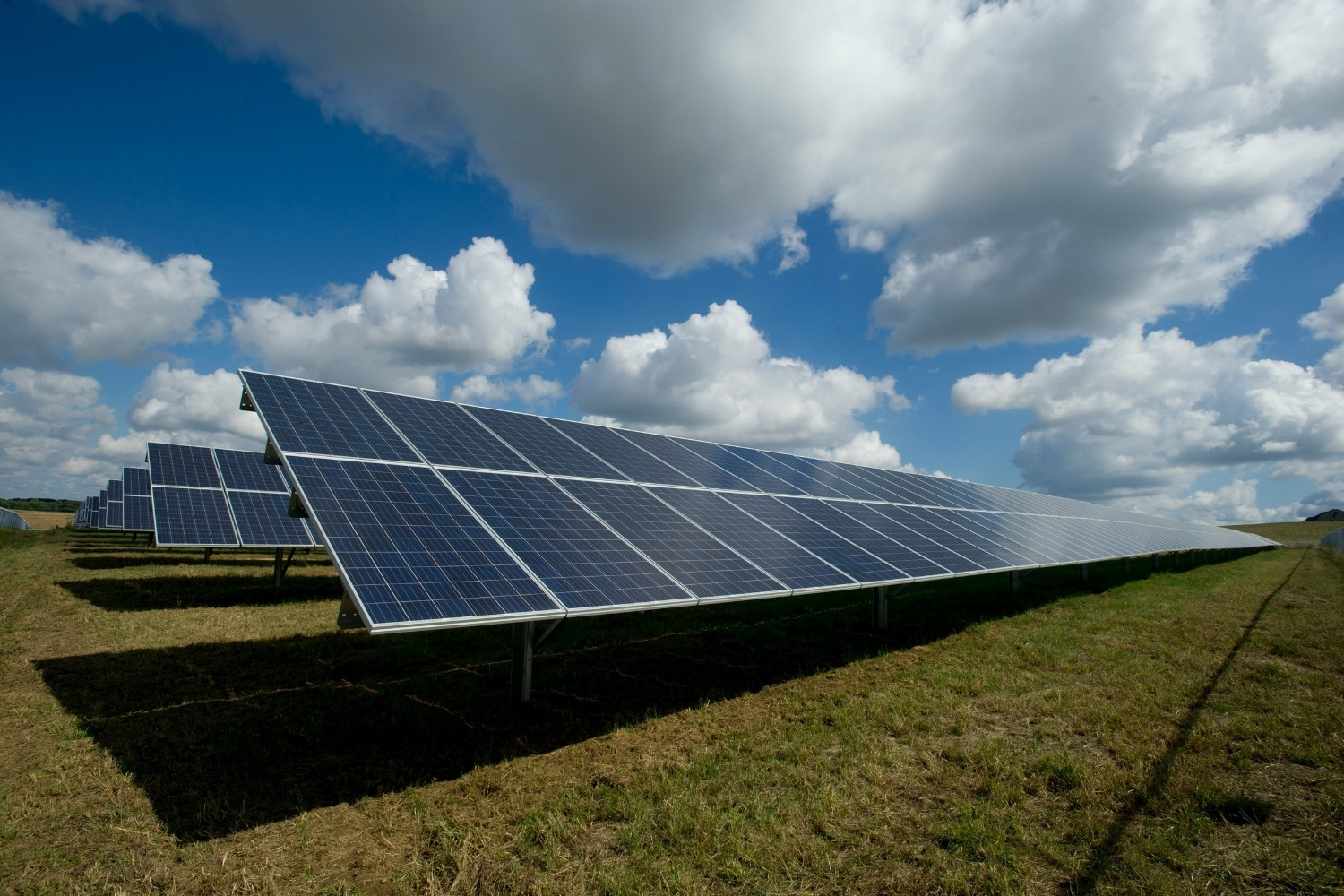Newsletter
From plastics to power – the push and pull of progress.
Elizabeth Lorraine explores the latest sustainability headlines, from new records to plastic treaties, to industry advancements.

[NEW INSIGHT] Why multimedia is becoming a CEOs most powerful thought leadership tool in 2026
August brought a mix of retreat and resilience, progress and pause. The stories shaping sustainability this month reveal how fragile commitments can be under political and economic strain, but also how innovation, industry, and science continue to push forward despite the turbulence.
In the US, heatwaves drove electricity demand to new highs. Fossil fuel generation surged to its largest monthly output in nearly a decade, producing 290 terawatt hours and releasing 191 million metric tonnes of carbon dioxide.
The message from the administration is a hard one, federal climate incentives can be fleeting, and the sector must brace for volatility.
The spike underscored how quickly gains in renewables can be eclipsed when extreme weather hits, even as clean energy has grown to claim a record 44% share of electricity generation over the year to date.
Policy shifts have been no less dramatic. Washington’s new budget law rolled back subsidies for renewable power and electric vehicles, rattling investors and driving up the cost of power purchase agreements.
The message from the administration is a hard one, federal climate incentives can be fleeting, and the sector must brace for volatility.
At the same time, US negotiators arrived at the plastics treaty talks in Geneva with a memo rejecting restrictions on plastic production and chemical additives. The move, cheered by petrochemical interests, places the US squarely at odds with more than a hundred nations pushing for deeper limits, and risks weakening a treaty that was meant to be a watershed.
Retreats raise uncomfortable questions about whether corporate climate strategies are built on conviction or convenience.
Pressure is mounting elsewhere, too.
Banks, carmakers, and airlines are peeling back from their climate pledges. UBS, Barclays, and HSBC have exited the Net-Zero Banking Alliance, citing antitrust concerns, while European carmakers question whether the 2035 all-electric target is feasible given the costs and supply chain pressures.
Airlines, for their part, are downplaying the viability of scaling sustainable aviation fuels. These retreats raise uncomfortable questions about whether corporate climate strategies are built on conviction or convenience.
The UK has had its hottest summer since records began, averaging 16.1 °C more than 1.5 degrees above the long-term norm. Four separate heatwaves strained infrastructure, scorched landscapes, and showed that climate extremes are no longer outliers.
The country that once sought to lead is now in danger of slipping behind.
Yet while temperatures climb, policy falters.
New analysis shows Britain has failed to match 28 EU environmental laws since Brexit, leaving gaps on sewage, chemicals, and microplastics. The country that once sought to lead is now in danger of slipping behind.
Technology and infrastructure, meanwhile, are facing their own sustainability reckoning. Data centres, the invisible engines of the digital economy, are under scrutiny as their carbon footprints grow.
Developers are testing fixes, sourcing carbon-free power, investing in new cooling methods, and optimising hardware, but offsetting claims are already being challenged in court. It’s a reminder that decarbonising digital is essential if net zero is to mean anything.
The IT sector more broadly faces a similar challenge. Without changes in procurement, device lifecycles, and data centre design, digital infrastructure could account for 14% of global emissions by 2040. A roadmap is emerging, but action is needed quickly.
August, then, has offered no single narrative but a series of reckonings. Commitments rolled back, treaties contested, heat records broken.
Industry is also recalibrating. As fashion brands scale back their sustainability rhetoric, manufacturers in the global south are pressing ahead with net-zero factories, phasing out coal, and adopting renewables.
Epic Group in India is among those proving that suppliers, often left out of the spotlight, may yet be the ones to drive real change. Their progress reflects a shift in where climate leadership is coming from, not always boardrooms, but factory floors.
Finally, the conversation around plastics gained new urgency. A new Lancet “Plastics Countdown” report warns that plastic pollution is not just an environmental issue but a public health one, linked to cancers, endocrine disruption, and cardiovascular disease.
The sustainability story this month is not one of steady progress, but of fault lines laid bare.
The report urges that health impacts be put at the centre of treaty negotiations, reframing plastics as a crisis of wellbeing as much as waste.
August, then, has offered no single narrative but a series of reckonings. Commitments rolled back, treaties contested, heat records broken. Yet also, manufacturers showing leadership, technologists mapping new paths, scientists warning of the health stakes at hand.
The sustainability story this month is not one of steady progress, but of fault lines laid bare, and the urgent need to decide which side of them we stand on.